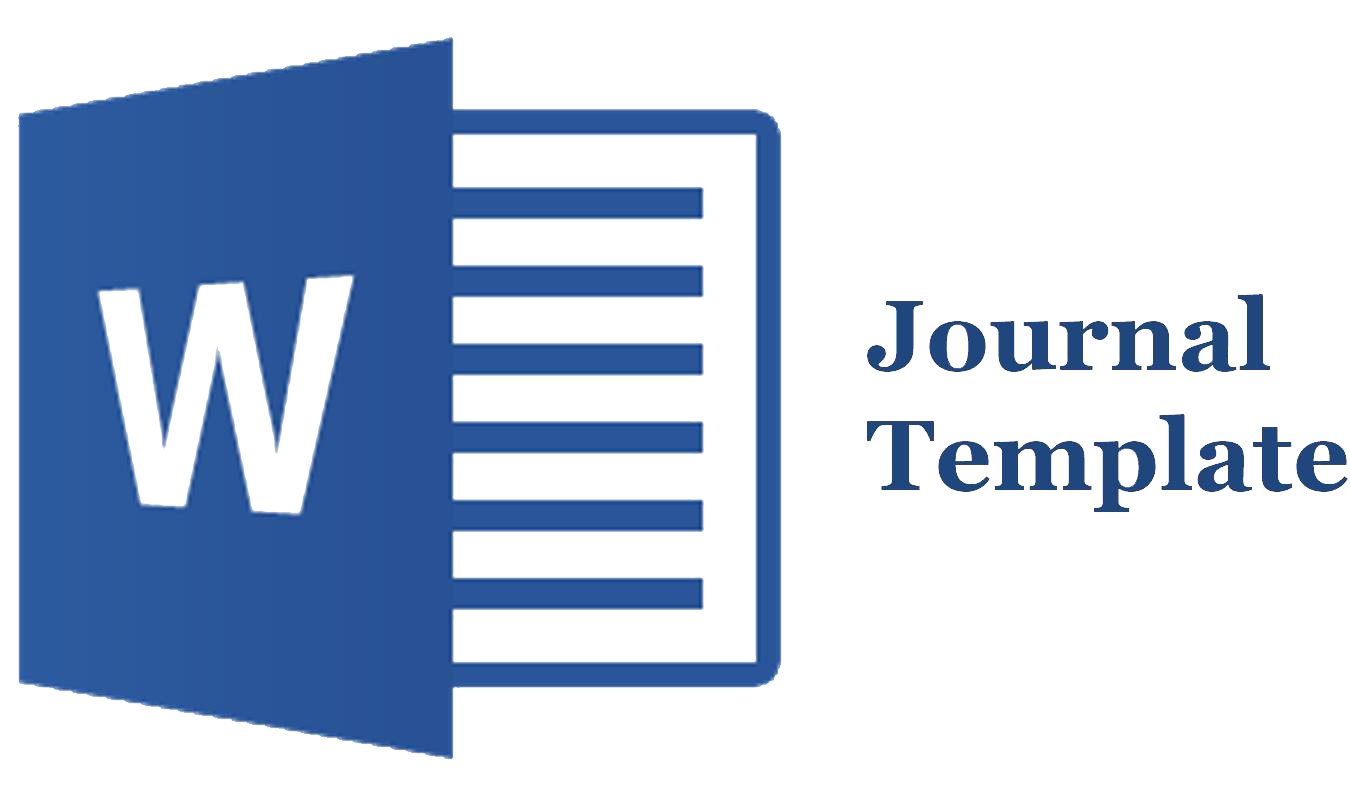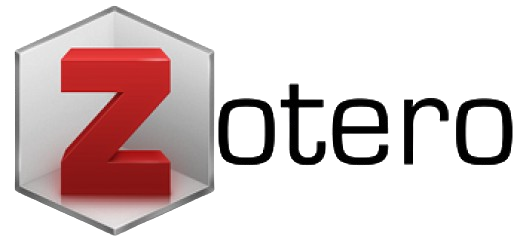The Politics of CSR Management of PT Bangka Asindo Agri in Kenanga Village, Bangka Regency: Design and Implementation Challenges
Abstract
PT. Bangka Asindo Agri (BAA) located in Kenanga Village, Bangka Regency, Bangka Belitung Island Province from July 2022 until November 2022. This study used a descriptive qualitative research design with primary data and secondary data collected through observation, interview, and archived documentation. This data were analyzed using interactive model data analysis techniques from Miles and Hubberman. The result of this study indicate that: 1) CSR program design carried out by PT. Bangka Asindo Agri shows the government’s involvement with the company and the company’s involvement with the community in Kenanga Village, Bangka Regency can be said too poor; and, 2) Implementation of the CSR program from PT. Bangka Asindo Agri is carried out in accordance with Law Number 40 of 2007 concerning Limited Liability Companies, although it is not optimal. The implementation of CSR is influenced by inhibiting factors and driving factors.
Keywords:
Corporate Social Responsibility (CSR), Desain, Faktor, Implementasi, Perubahan SosialDownloads
References
How to Cite
Published
Issue
Section
License
Copyright (c) 2023 Puput Pradina, Sarpin Sarpin

This work is licensed under a Creative Commons Attribution-NonCommercial-ShareAlike 4.0 International License.
- Authors retain copyright and grant the journal right of first publication with the work simultaneously licensed under a Creative Commons Atribusi-Non Commercial-Share Alike (CC BY-NC-SA).
- Authors are able to enter into separate, additional contractual arrangements for the non-exclusive distribution of the journal's published version of the work (e.g., post it to an institutional repository or publish it in a book), with an acknowledgement of its initial publication in this journal.
- Every publication (printed/electronic) are open access for educational purposes, research, and library. Other than the aims mentioned above, the editorial board is not responsible for copyright violation.













